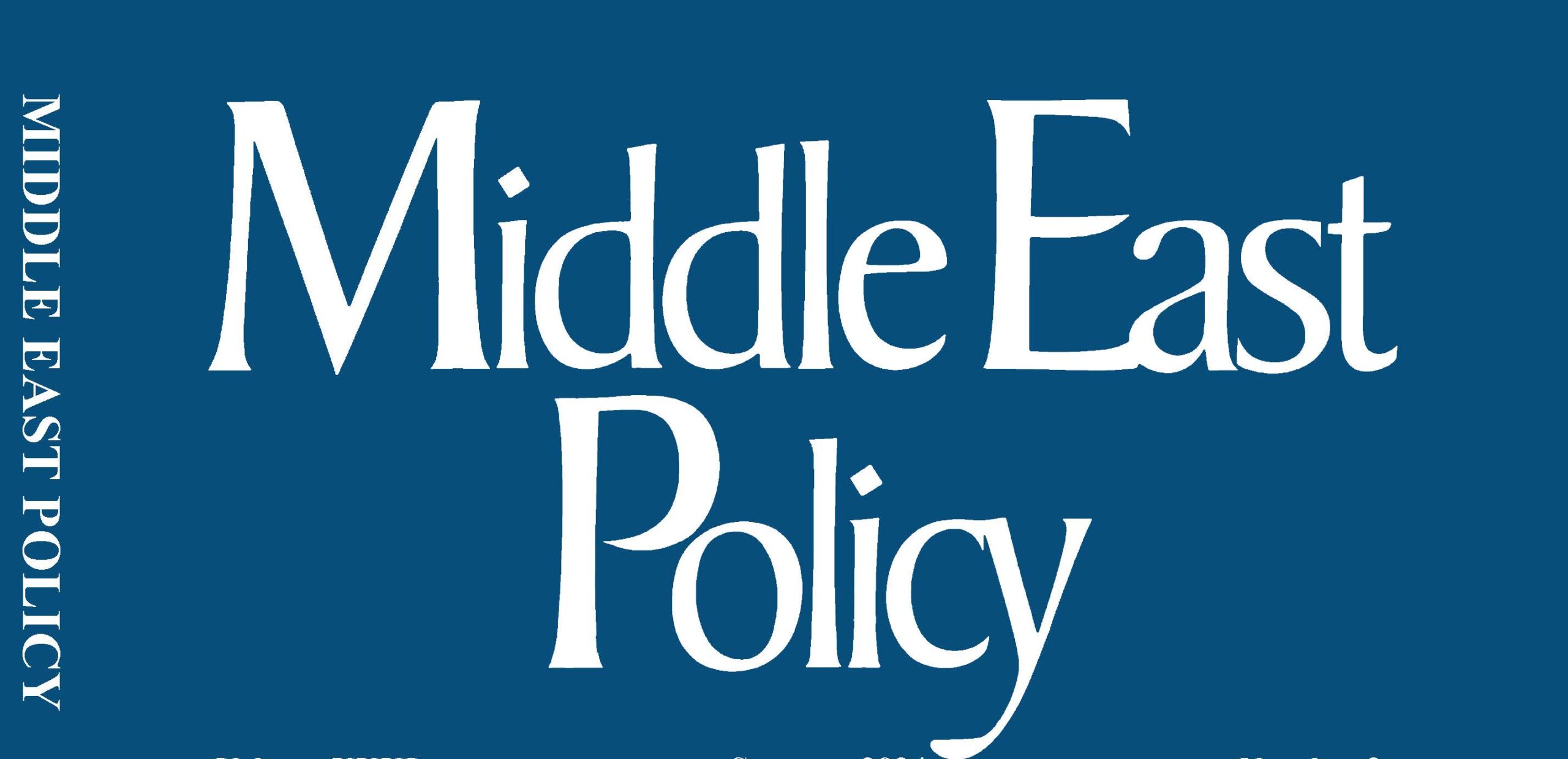Between 2014 and 2017, the Islamic State brutally ruled over eight million people in Iraq and Syria, murdering tens of thousands of minoritized ethnicities and destroying their houses and heritage. Communities in Iraq are not just rebuilding but absorbing the return of hundreds of thousands who were displaced. This special, open-access article in the Spring 2025 issue of Middle East Policy brings you the voices of those on the ground in the Nineveh Plains who are facing these challenges.
“Effective governance must involve an understanding of demographic shifts and their implications for social cohesion,” write the authors, who are part of the Support to Traditional Cultural Practices in Northern Iraq project of the LASER PULSE consortium. They analyze semi-structured interviews conducted with 43 Iraqis across identities, professions, and age cohorts. Readers will find rich and compelling testimony from people trying to make sense of social upheaval wrought by the US invasion and the years of ISIS governance.
The residents express concerns about the dominance of subgroups that had, in the past, learned to coexist. Some fear that those aligned with Shiites have disproportionately benefited from Iran’s ascendance. Now that those from the Shabak ethnic group “have the power, the militias and the government…there is a kind of imposition of will,” observes one Iraqi. “Now, not only are the souls of the region changing, but even culture and freedoms are not like before.” These sentiments are applied to other groups, as well, as another participant laments: “There is discrimination in the provision of services and racism by Christians in Hamdaniya.”
But there are generational issues, too. “There is no real representation of young people in important administrative positions, and in the councils of notables, especially women’s representation,” a young interviewee complains. “The generation that runs the councils is the elderly generation…and they try to suppress the youth so as not to raise existing problems.” In their analysis, the authors warn that the demographic shifts have stoked tensions and, if not addressed, “may result in more serious community conflict and threaten the fabric of Iraqi society and the state.”
In addition to the voices of Iraqis, the 163rd issue of Middle East Policy features Rob Geist Pinfold’s open-access “Myth Busting in a Post-Assad Syria.” It further examines Turkey’s ascendance after regime change in Syria (open access), Iran’s and Saudi Arabia’s confusing approaches to the Gaza War, and whether China has fundamentally shifted its relationship with Israel (free for all readers). The journal then takes a deep dive into Saudi Arabia’s potential security deal with the United States, including Israel’s reaction to a proposed Saudi nuclear capability, the China factor that motivates Washington’s pursuit of an accord, and whether the region could become a WMD-free zone. And we analyze peace building in postwar Yemen and Pakistan’s security challenges since the Taliban’s takeover in Afghanistan.
Readers can find the Winter 2024 issue through this link, featuring M.T. Samuel’s analysis of the Gaza war and Palestinian dispossession. The journal’s special releases on the post-October 7 conflicts, Israel’s Wars and The Gaza War, remain vital sources.
Middle East Policy, Spring 2025
SYRIA, GAZA, AND STIRRINGS OF A NEW ORDER
Myth Busting in a Post-Assad Syria
Rob Geist Pinfold (open access)
Turkey’s Long Game in Syria: Moving beyond Ascendance
Şaban Kardaş (open access)
Saudi Arabia and Iran: Spoilers or Enablers of Conflict?
Banafsheh Keynoush
Out of Proportion: Israel’s Paradox in China’s Middle Eastern Policy
Yitzhak Shichor (open access)
THE US-SAUDI PACT AND NUCLEAR SECURITY
How to Address the Saudi Nuclear Program? An Israeli Dilemma
Niv Farago
The China Factor in US-Saudi Talks for a Defense Pact
Ghulam Ali, Peng Nian
Negotiating the Impossible? A WMD-Free Zone in the Middle East
Robert Mason
CIVIL WARS AND THEIR AFTERSHOCKS
Local Participatory Development Models for Postwar Reconstruction in Yemen
Asher Orkaby, Afrah Al-Ahmadi
Demographic Change and Social Cohesion in Post-Islamic State Iraq
Omran Omer Ali, Nazar Ameen Mohammed, Aurélie Broeckerhoff (open access)
The Taliban-TTP Nexus and Pakistan’s Rising Security Challenges
Shahid Ali, Raj Verma
BOOK REVIEWS
Florian Weigand, Waiting for Dignity: Legitimacy and Authority in Afghanistan
Reviewed by Sajjad Ahmed
Karel Černý, Instability in the Middle East: Structural Changes and Uneven Modernisation 1950–2015
Reviewed by Alper Çakır
Biden’s Gaza Failure, the Syrian Revolution, and the Folly of US Middle East Policy
Review essay by A.R. Joyce
